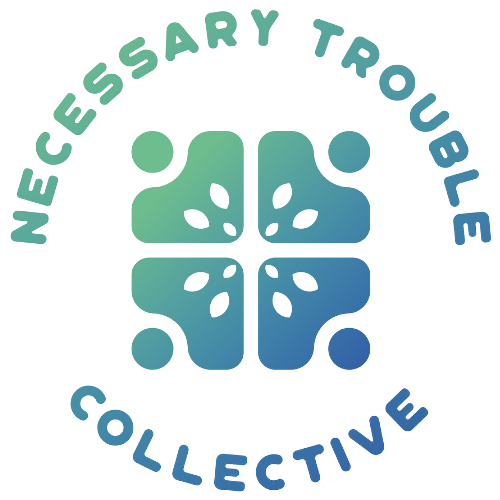DAY 38: Give up only reading books by white authors
A New York Times article written by Richard Jean So and Gus Wezerek last December gathered data on the most widely read English language fiction books from 1950 to 2018. Their research revealed that 95% were written by white people. While the percentage of books written by People of Colour has risen steadily over that time in 2018, in the sample used for their analysis, only 11% of books published were written by People of Colour.
The sad truth is that the publishing industry is a white echo chamber - white publishers and editors are drawn to the writing of white authors whose books, despite often reinforcing racial stereotypes, continue to be popular with white readers who are not asked to examine their racial bias and the cycle repeats. The lack of diversity at the higher levels of publishing has a direct impact on whose voices are heard, whose stories are told and which ideas enter our cultural conversation about race.
In addition to this systemic preference for white authors, publishers continue to underpay BIPOC authors when compared to white authors. For example, Mandy Len Catron, a previously unpublished white author received a USD$400,000 advance on a book based solely on an article she wrote. This contrasts with Black authors such as Jesmyn Ward, who won a National Book Award and then received an advance of only $100,000 for her second book and Roxane Gay, who received an advance of only $15,000 for her first book, and after it was a huge success, received only $150,000 advance for her second book.
It is important to note that the advance paid to an author doesn’t just signal how many copies a publisher expects to sell, it also dictates the level of investment a publisher is willing to make to market the book. This is part of the white echo chamber effect - white authors get bigger advances and also bigger marketing campaigns, which result in more sales regardless of the quality of the book.
TIP: Commit to reading books from Black, Indigenous and POC authors for a year. Not only will you be supporting BIPOC authors, you will also expand your perspective and understanding of many topics.
RESOURCES:
